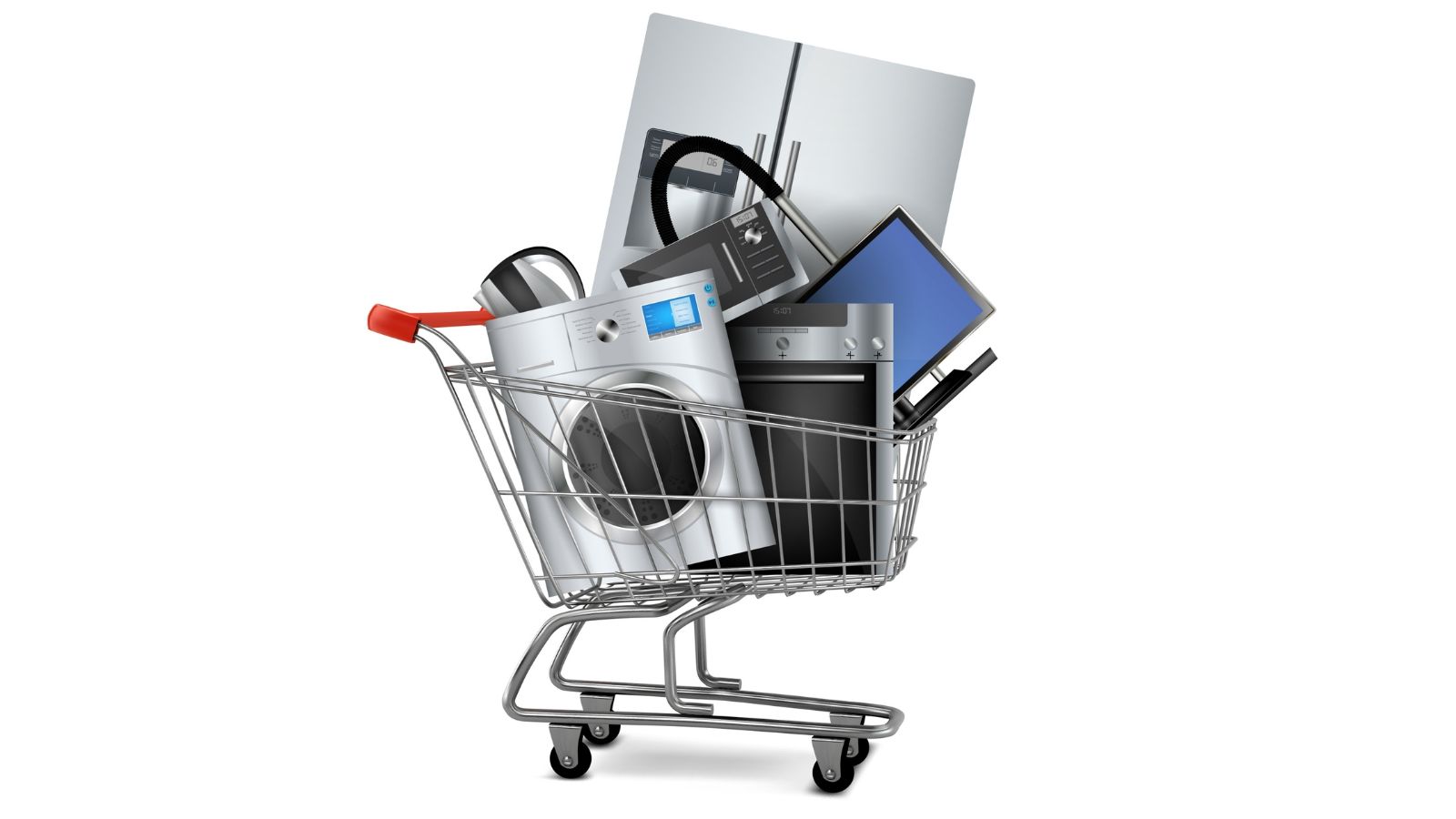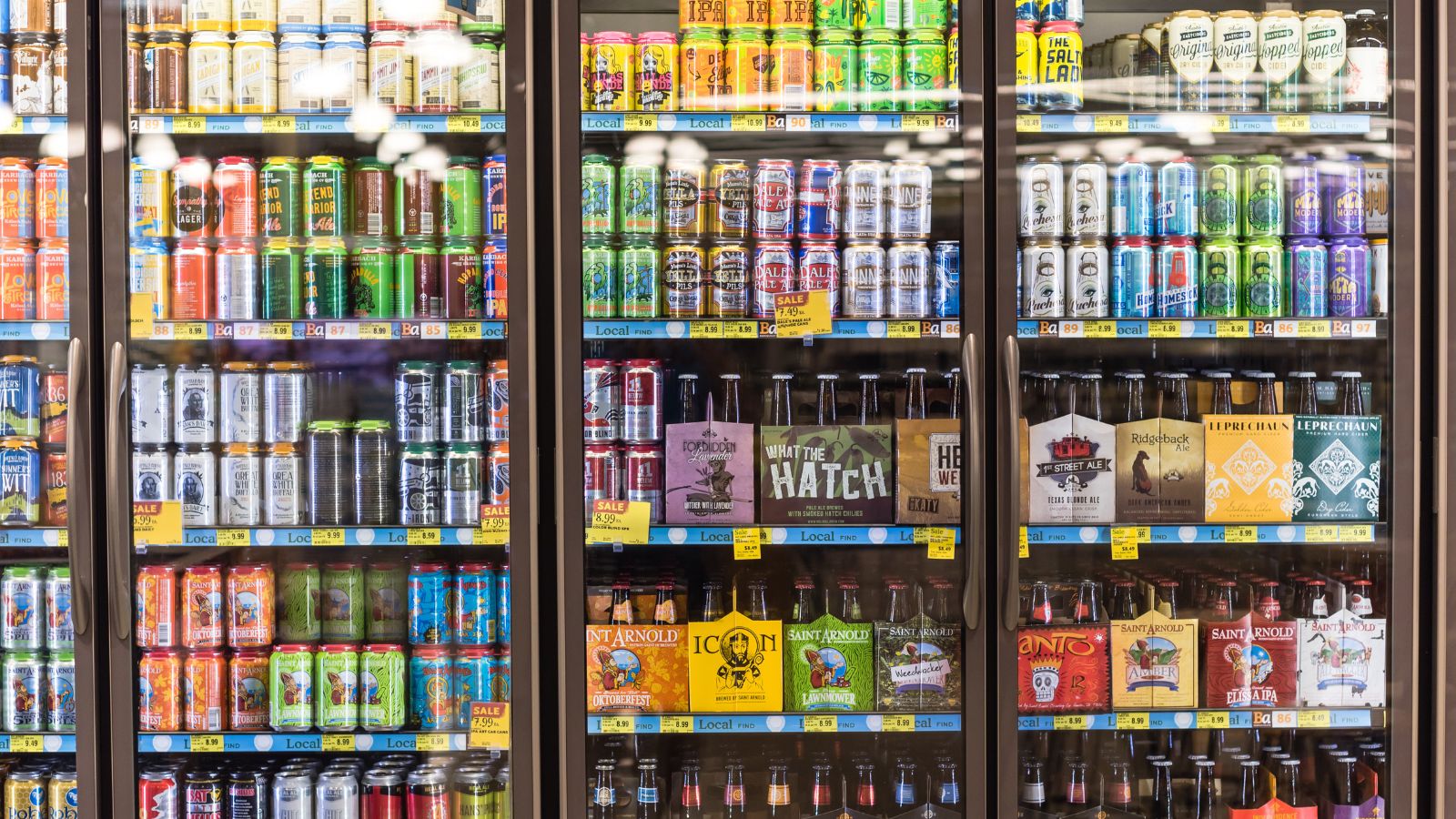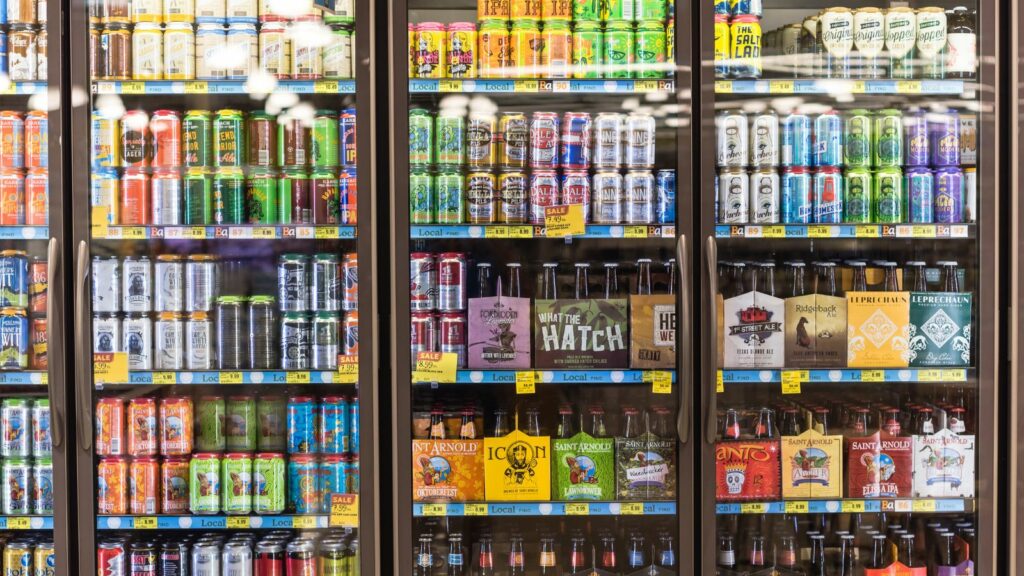Canada and the United States share more than just the world’s longest undefended border, they also rely heavily on each other for trade, supply chains, and shared consumer markets. But as U.S. politics grow increasingly unpredictable, many Canadians are beginning to worry about their access to key goods that come from or through the United States. Tariffs, export restrictions, and “America First” policies could disrupt everyday life in surprising ways. Here are 17 essential products Canada might lose to U.S. politics.
Prescription Medications

Canada imports a significant portion of its pharmaceuticals from the United States or American-owned companies. If the U.S. government were to limit exports to prioritize domestic supply, as has been considered in past political cycles, Canada could face drug shortages. From insulin to blood pressure medication, these disruptions would affect millions. With limited manufacturing capacity at home, Canada remains vulnerable to American policy swings on healthcare access.
Automobiles and Auto Parts

The North American auto industry is deeply integrated, but if the U.S. imposes tariffs or export restrictions on vehicles and components, Canadians could see price hikes and delays. Much of Canada’s vehicle inventory, especially for popular American brands—relies on U.S. manufacturing. Protectionist trade policies could also cripple Canada’s own auto plants, which depend on American parts. A political shift prioritizing domestic U.S. consumption could mean fewer options and higher costs for Canadian drivers.
Fruits and Vegetables in Winter

Canada’s cold climate makes it heavily reliant on U.S. imports for fresh produce during the winter months. States like California, Florida, and Arizona provide a bulk of the fruits and vegetables found on Canadian shelves between November and April. If trade barriers arise due to political tensions, Canadians could face higher prices, reduced variety, and supply shortages. Food security in Canada is tied far more to U.S. agricultural policy than many realize.
Tech Devices and Electronics

From smartphones and laptops to routers and gaming consoles, many electronics sold in Canada either come directly from the U.S. or through American companies. Political changes affecting import/export rules or data privacy laws could easily disrupt supply lines. With tech giants like Apple, Dell, and HP headquartered in the U.S., Canadian access to the latest devices could become delayed or more expensive. If cross-border data regulations also tighten, service availability may suffer too.
Gasoline and Refined Oil

While Canada is a major crude oil producer, it imports significant volumes of refined petroleum from the U.S., especially in Eastern provinces. Any shift in U.S. energy policy, including refining capacity or export restrictions, could cause gas prices to spike in Canada. Political decisions around environmental regulation or trade could further complicate the flow. A disruption in refined oil could lead to real shortages, especially in regions not served by domestic refineries.
Medical Equipment

Ventilators, surgical instruments, PPE, and diagnostic tools are frequently imported from U.S. manufacturers. During past health emergencies, the U.S. has shown a willingness to restrict exports of essential gear, even to allies. If American political sentiment again turns inward, Canadian hospitals could be left scrambling for critical supplies. Without expanded domestic manufacturing, the healthcare system remains exposed to shifting political winds south of the border.
Baby Formula

Baby formula shortages in the U.S. have already affected Canadian parents, highlighting how intertwined the supply chains truly are. Many popular brands are manufactured in the U.S. or require U.S.-approved ingredients. Any political disruption in production, regulation, or export policy could leave Canadian shelves bare. For new families, this is more than an inconvenience, it’s a crisis of access and nutrition.
Meat and Poultry

Although Canada produces its own meat, a large portion of processed meats and specialty cuts still come from the United States. If U.S. food safety regulations shift or trade is disrupted by politics, Canada may struggle to meet demand. Border delays due to policy changes could lead to spoilage or wasted product. And since many Canadians prefer U.S. meat for price and quality, a loss of access would be widely felt.
Fertilizer and Agricultural Inputs

Canada’s agriculture industry depends on U.S. imports of fertilizer, pesticides, and specialized feed. If American policies prioritize their own domestic food production, especially in the face of climate challenges, Canadian farmers could be left without affordable access to these crucial inputs. Yield reductions and increased food costs could follow. Even minor trade shifts in this sector can have huge ripple effects across Canadian grocery stores.
Household Cleaning Products

Many cleaning and hygiene brands widely used in Canada, like Clorox, Lysol, and Swiffer, are American-owned and distributed. Disruptions in U.S. supply chains or trade restrictions could limit Canadian access to these household staples. During the pandemic, cleaning products were hoarded in both countries, and Canada struggled to keep shelves stocked. Political instability could replicate those shortages or make them worse.
Books and Educational Materials

A large percentage of textbooks and educational resources used in Canadian schools and universities come from U.S. publishers. Political decisions around copyright, export laws, or digital licensing could suddenly make these resources harder to access. Even Canadian-authored textbooks often rely on American printing and distribution networks. Education could suffer if materials become prohibitively expensive or legally restricted.
Online Services and Streaming Content

From Netflix and Spotify to Google Workspace and Microsoft 365, many digital services accessed daily by Canadians are governed by U.S. policy and regulation. Should the U.S. change rules around data sovereignty, licensing, or international access, Canadians might lose features, or entire services, overnight. Even streaming content could be geo-blocked more aggressively if U.S. copyright laws change. The digital freedom Canadians enjoy is largely at the mercy of American legislation.
Packaged Snacks and Beverages

Many beloved snacks, from Doritos and Oreos to Dr Pepper and Gatorade, are produced by U.S. companies. A disruption in cross-border trade could drastically alter availability and pricing for these everyday indulgences. Canada lacks the same manufacturing scale to instantly backfill these items. While not essential for survival, they are staples in the Canadian pantry, and their loss would certainly be noticed.
Construction Materials

Building materials like drywall, lumber products, insulation, and even nails are often imported from or routed through the U.S. Canadian construction timelines could grind to a halt if tariffs or supply restrictions are enacted. Residential and commercial development would slow, with costs passed directly to consumers. This would exacerbate housing shortages and infrastructure delays already plaguing many Canadian cities.
Over-the-Counter Medications

Products like Tylenol, Advil, and cold medicine are frequently sourced from American manufacturers. During recent supply shortages, Canada saw how quickly inventories could dry up when U.S. factories prioritized their own domestic needs. If political pressure builds in the U.S. to protect domestic pharmaceutical access, Canada could once again be left out. These everyday medicines are critical for public health and cannot be easily replaced.
Seeds and Gardening Supplies

The seed industry in North America is highly consolidated, and many of the largest suppliers are based in the United States. Gardeners and farmers alike could face shortages or steep price increases if political tensions cause disruptions in seed availability or agricultural trade. With the growing popularity of home gardening, losing access to American seed varieties would have wide implications.
Pet Food and Supplies

Many of Canada’s most trusted pet food brands are made in the United States. Shortages or price hikes would directly affect pet owners and animal welfare services alike. As seen in previous disruptions, even a minor delay in cross-border shipments can leave shelves empty. With pet ownership at an all-time high in Canada, this is a consumer category with real emotional stakes.
21 Products Canadians Should Stockpile Before Tariffs Hit

If trade tensions escalate between Canada and the U.S., everyday essentials can suddenly disappear or skyrocket in price. Products like pantry basics and tech must-haves that depend on are deeply tied to cross-border supply chains and are likely to face various kinds of disruptions
21 Products Canadians Should Stockpile Before Tariffs Hit
